News
28. March 2025, Topic:
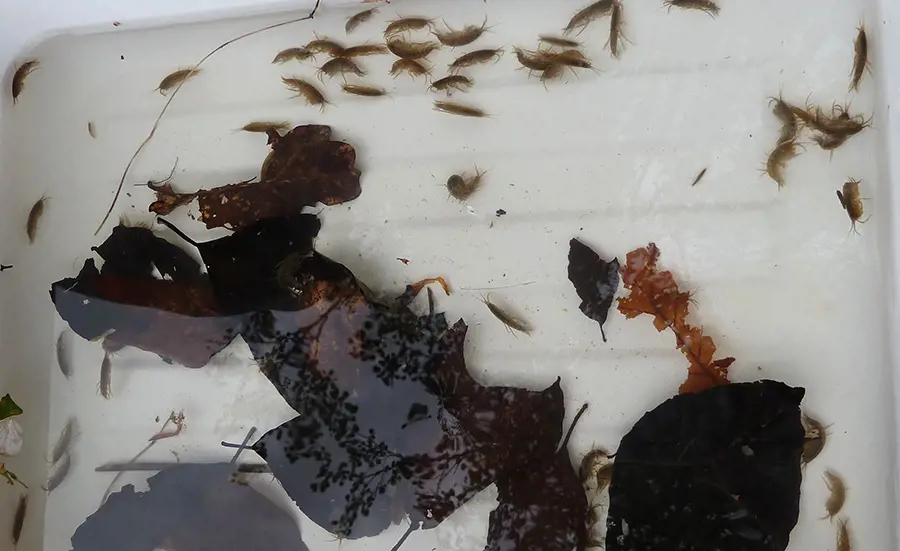
Standardisation for sediment test with gammarids
Chemicals that can accumulate in sediments must be tested for their toxicity to sediment organisms as part of the authorisation process. The Ecotox Centre is collaborating on the OECD standardisation of the sediment toxicity test with the amphipod Gammarus sp. which is endemic to European rivers.
Read more20. March 2025, Topic: Soil Ecotoxicology , Risk Assessment

Ecotoxicity of munitions contaminated soil
In areas used for military purposes, the soil can be contaminated with munitions and explosives, resulting in contaminated sites with potential impacts on the environment.
Read more06. February 2025, Topic: Aquatic Ecotoxicology , Risk Assessment
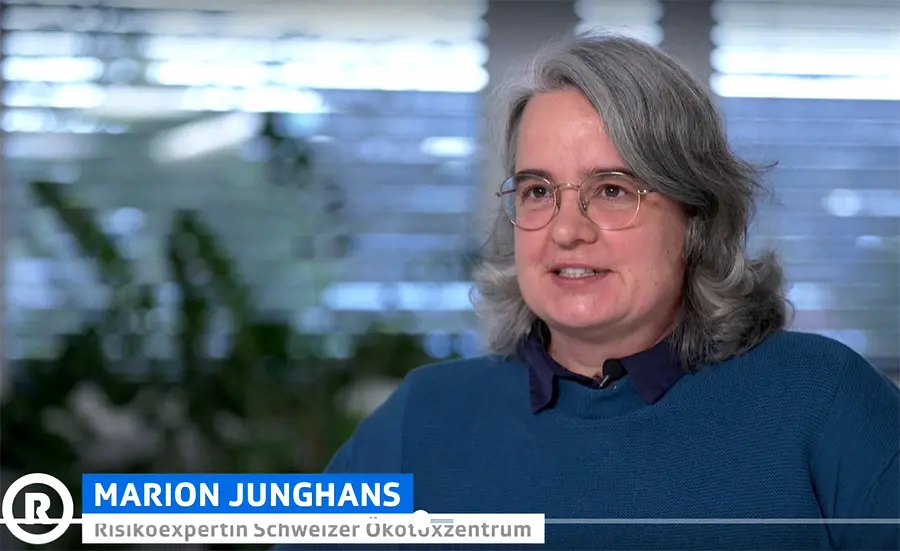
Ecotox Centre in SRF Rundschau on the ecotoxicity of a controversial pesticide
The Ecotox Centre derives ecotoxicologically based limit values for plant protection products on behalf of the federal government, but only some of these values are subsequently anchored in the Water Protection Ordinance and are therefore legally binding.
Read more05. February 2025, Topic: Aquatic Ecotoxicology , Soil Ecotoxicology , Sediment Ecotoxicology , Risk Assessment
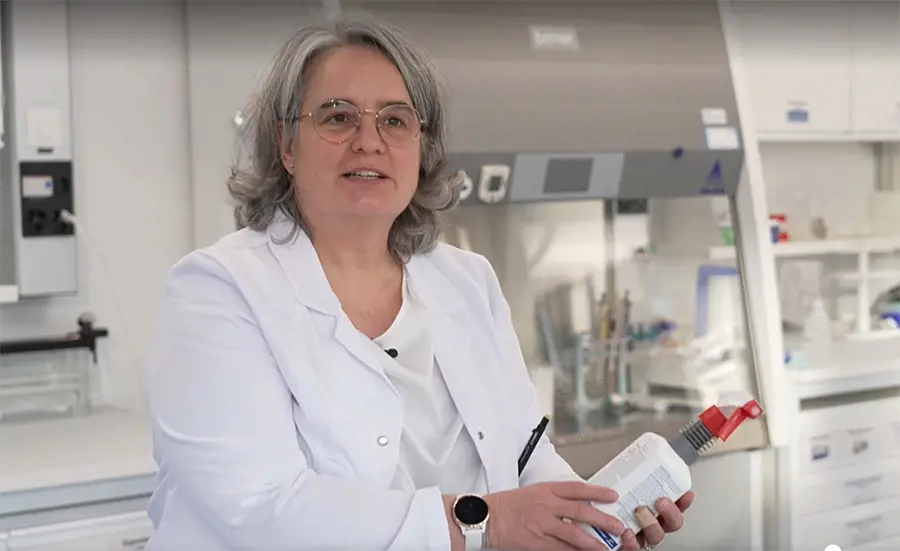
Ecotox Centre in SRF Kassensturz on oven cleaners
Marion Junghans supported SRF Kassensturz in the evaluation of oven sprays.
Read more31. January 2025, Topic: Aquatic Ecotoxicology , Soil Ecotoxicology , Sediment Ecotoxicology , Risk Assessment
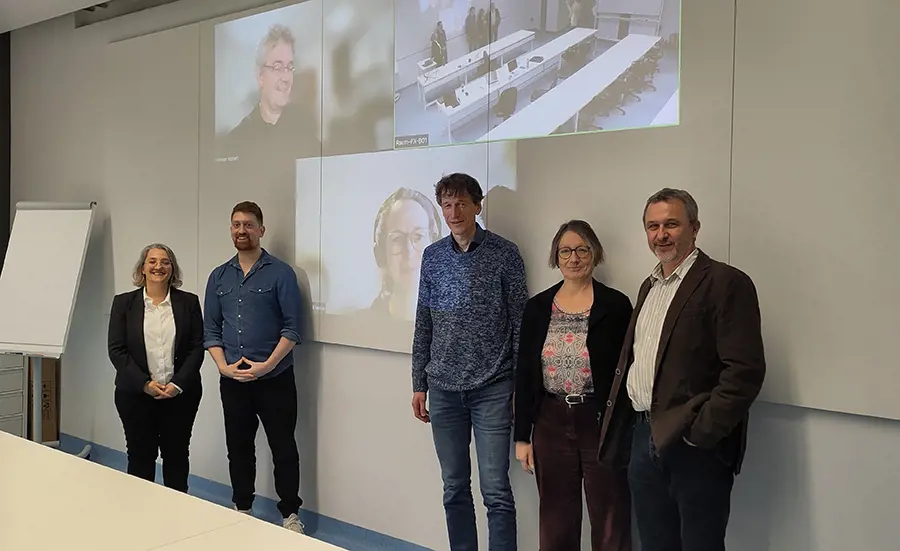
Successful dissertation
We congratulate Ali Kizgin on the successful defence of his dissertation. Over the past four years, Ali has been researching at the Ecotox Centre a key challenge in wastewater management - namely the early detection of pollution events using online biomonitoring.
Read more20. December 2024, Topic: Aquatic Ecotoxicology , Risk Assessment
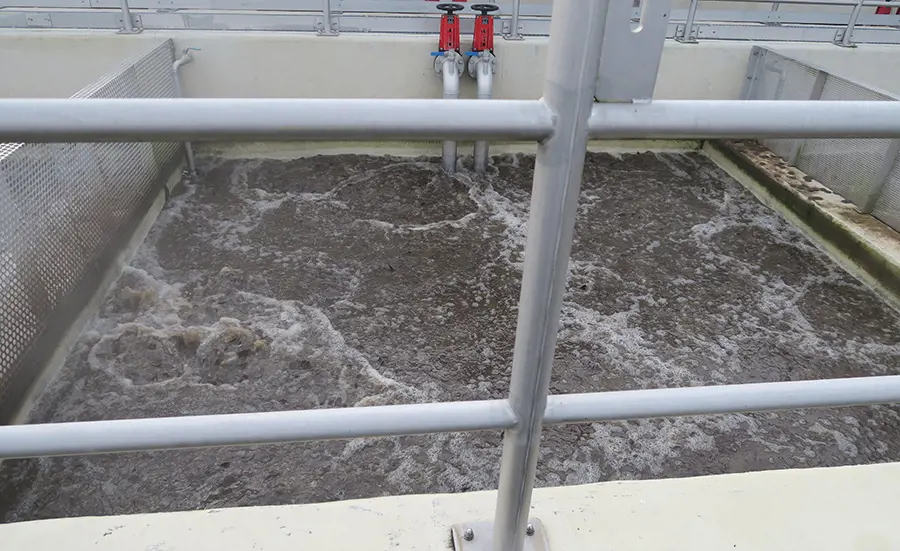
Webinar: Bioassays for wastewater assessment on 18.2.2025, 14.30-16.00
A new series of webinars organised by the German Water Chemistry Society highlights the opportunities and possibilities of bioassays for assessing water quality. The Ecotox Centre is hosting the first webinar on the use of effect-based methods for wastewater testing.
Read more04. December 2024, Topic: Soil Ecotoxicology , Risk Assessment
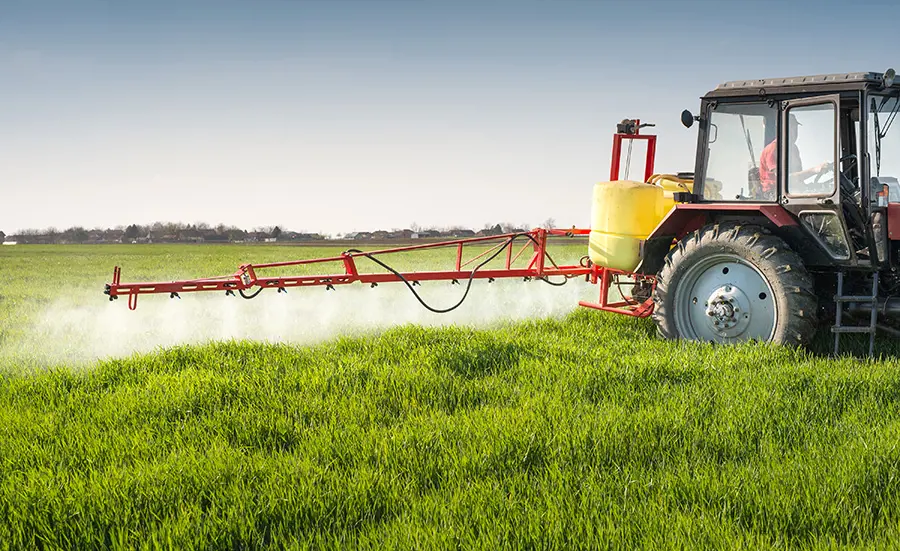
Bioindicators and soil reference values for plant protection products
The Ecotox Centre is working on a comprehensive concept for monitoring pesticide residues in agricultural soils. As part of the project, we have developed a method for deriving ecotoxicological soil reference values - and have already applied it to two active substances - and have also compiled a toolbox with bioindicators for monitoring the effects of plant protection products.
Read more20. November 2024, Topic: Aquatic Ecotoxicology , Sediment Ecotoxicology , Risk Assessment
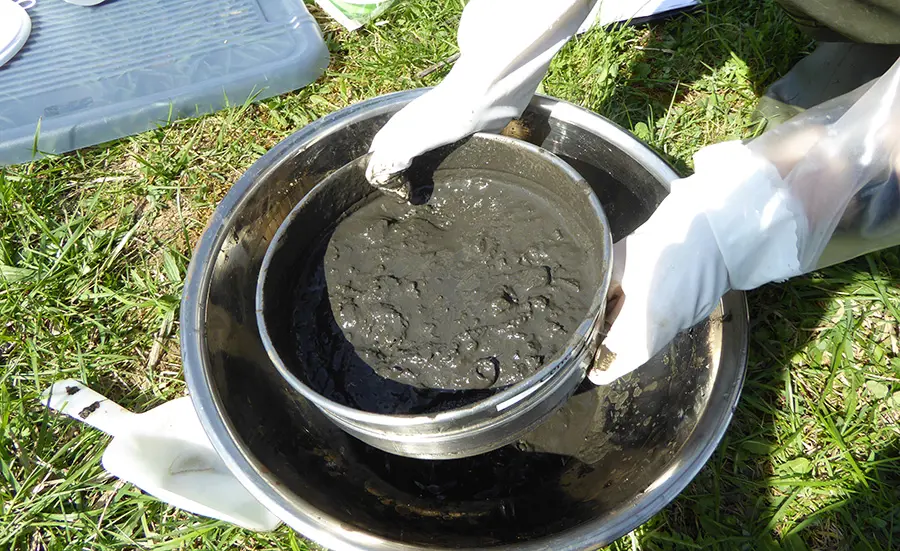
Sediment quality in Swiss streams - application of the new assessment strategy
The Ecotox Centre has assessed the sediment quality in 18 streams in Switzerland on the basis of 20 prioritised pollutants. In each stream, at least one substance occurred in concentrations above the sediment quality criteria. This was the first time that the new assessment strategy was applied on a large scale.
Read more19. November 2024, Topic: Aquatic Ecotoxicology , Sediment Ecotoxicology , Risk Assessment
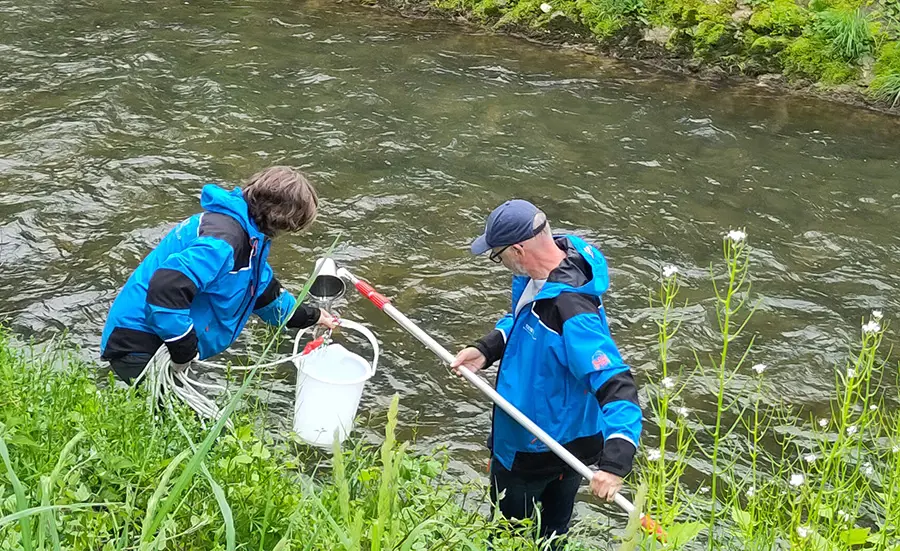
How can the positive effects of the WWTP upgrade be measured?
Numerous biotests and biomarkers are used to assess the impact of the upgrade of the Falkenstein WWTP on the water quality of the Dünnern. The quality of communities and the occurrence of antibiotic resistance are also taken into account. The measurements prior to the upgrade show clear differences between the water quality upstream and downstream of the WWTP outflow. Significant improvements are expected as a result of the upgrade.
Read more18. November 2024, Topic: Aquatic Ecotoxicology , Soil Ecotoxicology , Sediment Ecotoxicology , Risk Assessment

Training course for tire industry
Last week, we welcomed around 20 representatives of leading tire manufacturers for a two-day training course on ecotoxicology.
Read more